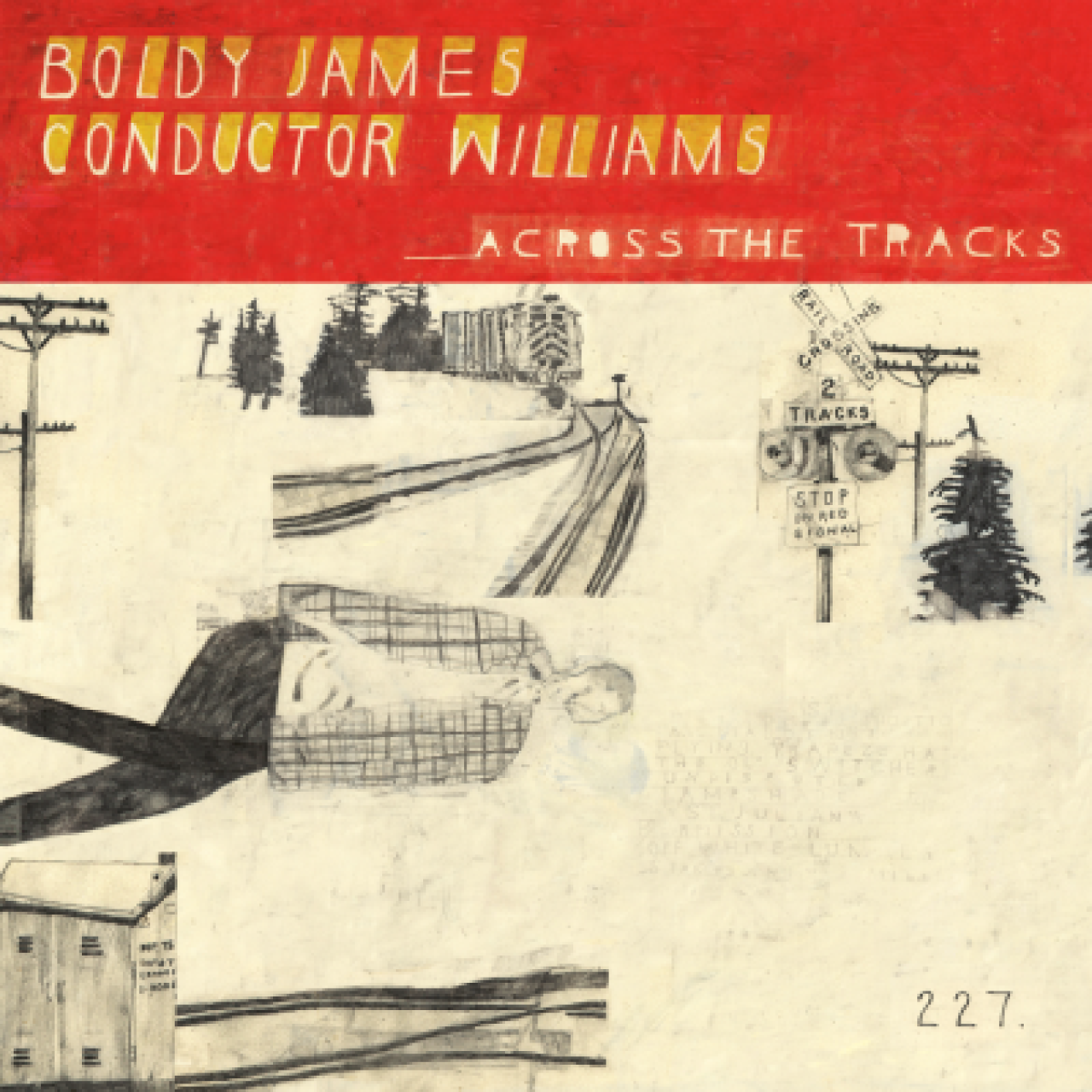Across the Tracks is Boldy James’ second release this year. The first, Penalty of Leadership, found the Detroit rapper collaborating with Nicolas Craven as he explored the consequences of a near-fatal car accident. The project sounded revelatory as James subtly pushed beyond his comfort zone of street pharmaceuticals and male power dynamics. Across the Tracks finds him reverting to form. He calls himself “Brick James” on “The Ol’ Switcheroo,” and claims on “Off-White Lumberjacks” that he’s “been trapping through The Wire just like Wee-Bey.” It’s an environment where “good writing” — to use an oft-abused music critic cliché — consists of illustrating a drug hustler’s lifestyle in colorful language, not thematic exposition or narrative tension. A sole example of the latter is “Flying Trapeze Act,” where James tells a story about being criminally investigated: “Tightroping in the street, this shit is death defying/When your man’s a witness in your case testifying.” Conductor Williams offers fantastic loops, as always, but it’s unclear whether James truly elevates them or simply settles into the beats like comfortable shoes. The 26-minute excursion feels too easy, like lightwork. Near Mint released Across the Tracks.

The Honorable Shyne
The Honorable Shyne may not exactly convince us of Shyne’s musical importance, but it unfurls his improbable story with aplomb.

